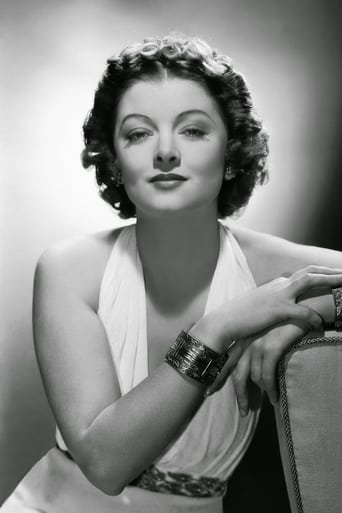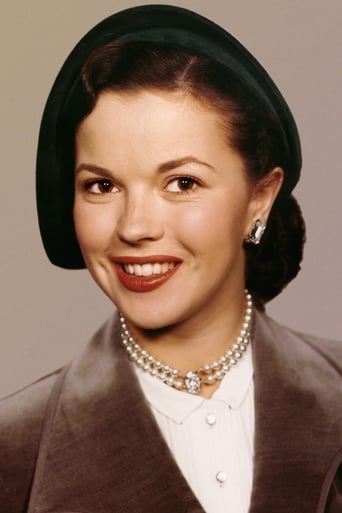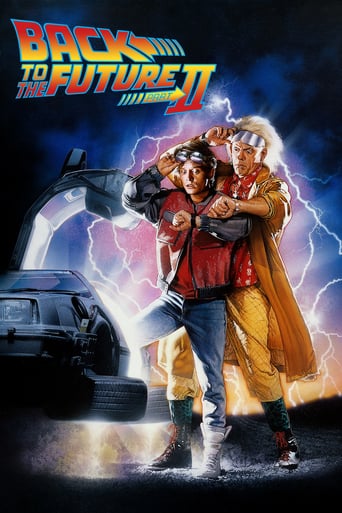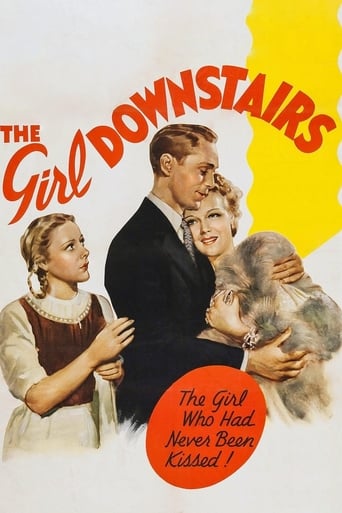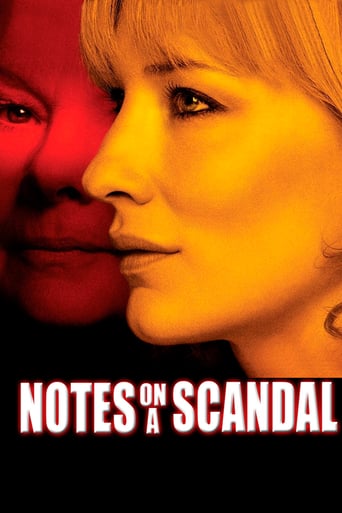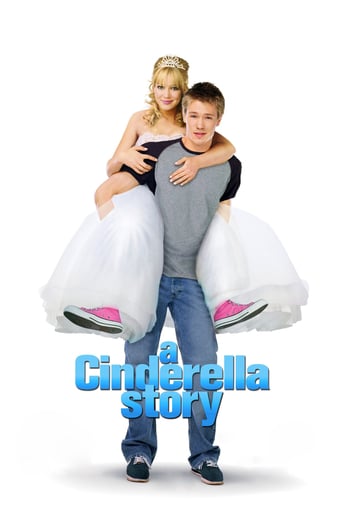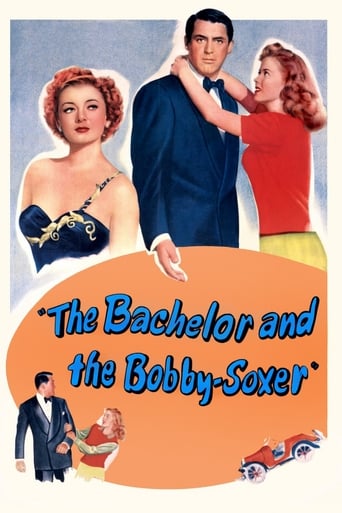
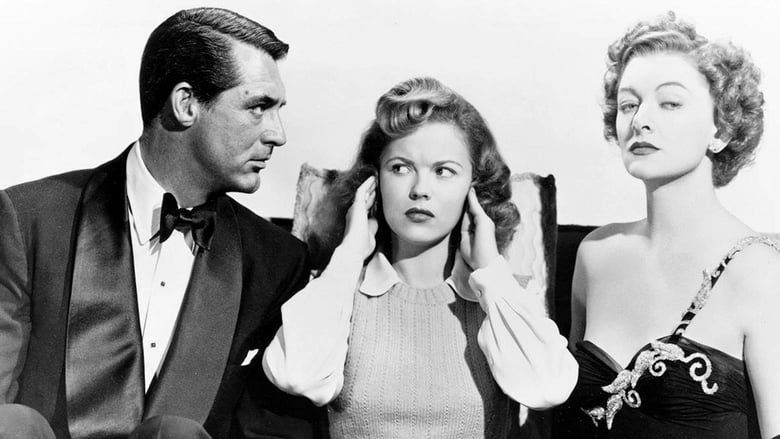
The Bachelor and the Bobby-Soxer (1947)
Teenager Susan Turner, with a severe crush on playboy artist Richard Nugent, sneaks into his apartment to model for him and is found there by her sister Judge Margaret Turner. Threatened with jail, Nugent agrees to date Susan until the crush abates.
Watch Trailer
Cast
Similar titles
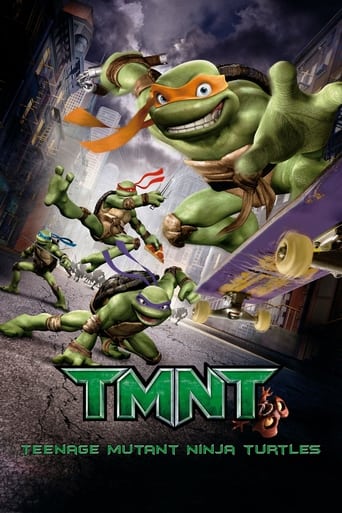
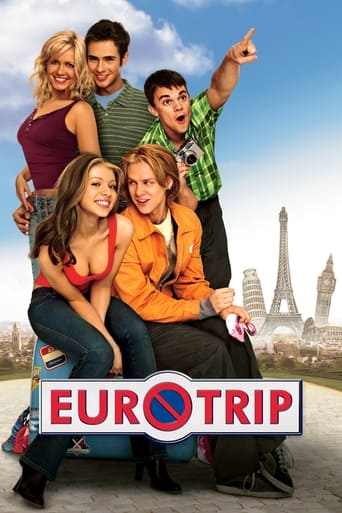
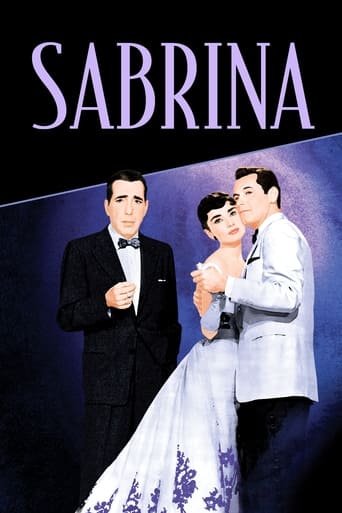
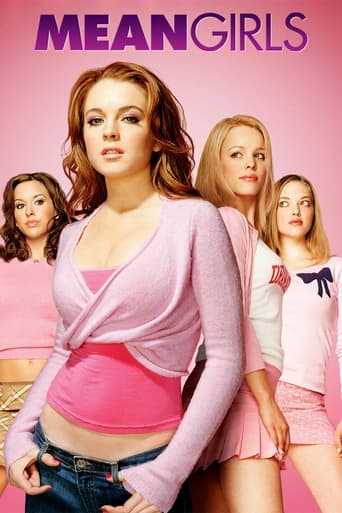
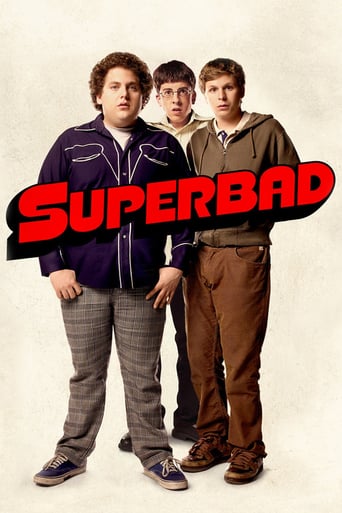
Reviews
How sad is this?
if their story seems completely bonkers, almost like a feverish work of fiction, you ain't heard nothing yet.
The movie turns out to be a little better than the average. Starting from a romantic formula often seen in the cinema, it ends in the most predictable (and somewhat bland) way.
The story, direction, characters, and writing/dialogue is akin to taking a tranquilizer shot to the neck, but everything else was so well done.
Copyright 24 July 1947 by RKO Radio Pic¬tures Inc. Released: 1 September 1947 (U.S.A.). New York opening at the Radio City Music Hall: 24 July 1947. U.K. release: December 1947. Australian release: 24 December 1947. 8,706 feet. 96½ minutes.U.K. release title: Bachelor Knight.SYNOPSIS: Teenager falls in love with an older man who is forced to pretend that he returns her affections.NOTES: This somewhat forced little comedy received such a remarkable string of lauda¬tory reviews (from some of the sourest crit¬ics in the business too!) that a nomination for Best Original Screenplay was inevitable. That it won over such competition as Polonsky's Body and Soul, the Kanins' A Double Life, Chaplin's Monsieur Verdoux and Amidei, Franci, Viola and Zavattini's Shoe-Shine is even more astonishing. But that award (and it was the only nomination for an Academy of Motion Picture Arts and Sciences Award he ever received in his Hollywood sojourn) certainly set Sidney Sheldon on the path to bestseller fame and fortune.Domestic rental gross: an amazing $5,550,000.This is the film that introduced the famous routine: "You remind me of a man!" - "What man?" - "Man with the power!" - "What power?" - "Power of hoodoo!" - "Hoodoo?" - "You do!" - "Do what?" - "Remind me of a man!" - "What man?" - "Man with the power!"COMMENT: A very agreeably played comedy. The script is moderately amusing, the direction capable, if undistinguished, and production values are well up to "A" standard.Of course a lot of the humor at the expense of teenage fashion and mores is now rather dated but those of us with a sense of nostalgia will find that a bonus to the fun. Whether the film will be appreci¬ated - or even understood - by today's drive-in kids is entirely another matter.Certainly the producer has gathered a delightfully persuasive roster of players - star, character and minor - including some of our top favorites like Rudy Vallee, Ray Collins, Harry Davenport, Charles Halton, Veda Ann Borg and Dan Tobin. The three stars are happily cast, with Myrna Loy moving gracefully into comedy after the rigors of The Best Years of Our Lives.
I did not know that Shirley Temple ever made any movies past puberty, so I watched this little film with great interest. What would she look like as a teenager? Was she still charming? Well, I can tell you that yes, she is still charming and cute and now womanly too, with curves in all of the right places. Nice to know that. Otherwise, the theme here which involved a teenage Shirley having a crush on an older man, seemed appropriate somehow. I mean after all, Shirley Temple the child star always seemed much more comfortable around people much older than herself than she was around her peers. So it all made sense to me. Now throw in Cary Grant as the older love interest, and I found myself smiling quite a bit. But you know, it is a silly film. I mean, its relatively intelligent, but the theme is not. And when I turned it off midway through, it looked like Cary was developing a romantic interest in Shirley's cool tempered lawyer sister rather than with Shirley herself. I guess that didn't suit me too well. I wouldn't have wanted to see her sadness when she finds this out, to see her pout and cry. Poor little Shirley Temple losing at love. And then I kind of wondered at that point if perhaps this might be a reflection on her real life relationships as well. I mean shunning your own peers in favor of adults might make finding a suitable mate difficult, in film as well as in the real world. That hunky basketball playing boyfriend in the movie wasn't all that bad, Shirley. But you elected to pursue an unrealistic love interest instead and probably got squashed down as a result! So i guess I turned the movie off because I think she deserved better. She deserves happiness. She did not make any films after 1950, so I'm figuring that once she became an adult, she put the past behind her and moved on. To a happy life as an adult now? I hope so. To see her become a tragic figure like Gary Coleman would have been too much to bear. But I think the films she made as a teen were not that popular which sort of suggests to me that others felt the same way she did. That it was time for her to move on and live a normal life. That she is still alive today makes me feel good and implies that she did find happiness as an adult. But now she is surrounded everyday with people much younger than herself, not older. Does that make you sad, Shirley? Hopefully not. I wish you well....
Want some insight into what titillated movie-goers in the post-war 1940's? This 1947 RKO production is a good place to start. There's the marquee value of a seductively handsome Cary Grant coupled with that spunky symbol of all-American innocence Shirley Temple, enough at the time to draw in ticket-buying throngs with its naughty innuendo of daring departure and forbidden pleasure. In fact, the underage subtext lingers beneath much of the movie's plot and humorous settings, but in a totally innocent manner, proving that this is not yet the more permissive 1960's. One slip, however, and this light-hearted soufflé could easily have become burnt-toast of the most tasteless variety. Fortunately, there are no slips.Once the pace picks up, this comedy sparkles as brightly as any other Cary Grant madcap, which is to say, about as good as comedy gets. The nightclub scene is an absolute triumph of timing, staging, and scripting. The laughs build as the party table becomes more and more chaotic, interrupted by one petty annoyance after another, finally reducing the worldly Grant to speechless exasperation. This is the type of soaring comedic architecture that requires real artistry, but has been sadly replaced in contemporary film by a dumbed- down world of bathroom jokes, insult gags, and other cheap forms of humor that appeal mainly to juveniles. The movie itself, directed by an unheralded Irving Reis, is literally brimful of bounce and charm, leaving no one in doubt that the big war is over and America is ready for the future even if its libido is showing. With: a slyly endearing Ray Collins, a bemusedly prim Myrna Loy, a pompously befuddled Rudy Vallee, and a well-deserved Oscar for writer Sidney Sheldon, along with a final scene that could not be more apt. Despite the shift in public mores, audiences now as then should find this a highly entertaining ninety minutes of expert movie- making.
Circumstances force a playboy and artist to date a teenager who has a crush on him. It plays like a situation comedy, which is not surprising because it was written by Sheldon, who would go on to create TV sitcoms. What is surprising is that Sheldon won an Oscar for his screenplay. While it is pleasant enough, it never rises to the level one would expect given the star presence. Grant and Loy are the main attractions here and they do what they can with characters that are not very well drawn. It is described as a screwball comedy but there aren't enough laughs. Perhaps a director like Howard Hawks could have done more with it.

